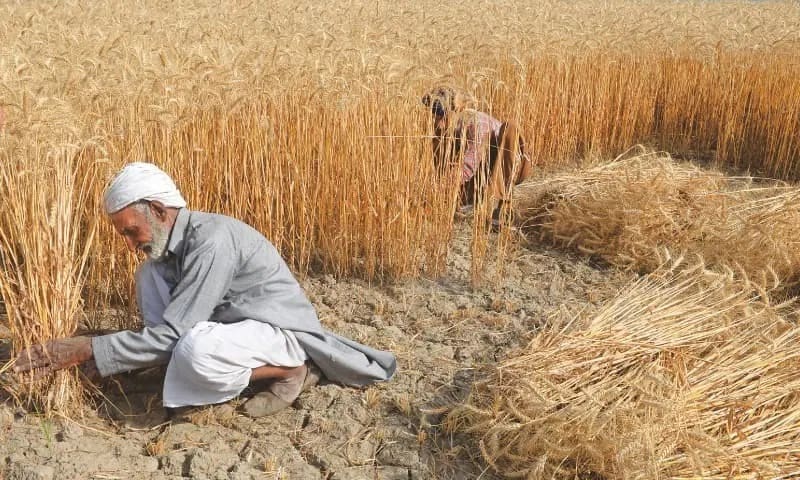The Pakistani government has moved to regulate the country’s wheat market by banning the import of wheat and the export of flour, according to a notification issued by the Ministry of Commerce, Ary News reported. This decision came after it was determined that the country had imported more wheat than needed, leading to a surplus.
To implement the ban, the government has amended its Import and Export Policy Orders 2022, which also includes a prohibition on exporting flour made from imported wheat, as per Ary News.
Earlier in March, the federal government had conditionally allowed the export of flour made from imported wheat under the Export Facilitation Scheme 2021. On July 10, Prime Minister Shehbaz Sharif told the National Assembly that no decision had been made on the export of wheat despite the State-Owned Enterprises (Governance and Operations) Bill, 2024 being rushed through the legislature.
“No decision has been made for the export of wheat. I want to bring it on record before the House that there is no such decision for the wheat export,” Prime Minister Sharif said, responding to a point of order raised by a parliamentarian. He also referred to past controversies involving the PTI government, stating that “it was also on record that in the past wheat and sugar were first exported and later imported and where the billions and trillions of rupees went was part of the history.”
Additionally, a new amendment has been passed by the Senate, granting the government the power to remove members of state-owned enterprises (SOEs) based on recommendations from the board nomination committee. This amendment will become law once signed by President Asif Ali Zardari.

